Plymouth mass shootings: Inquest jury retires
- Published
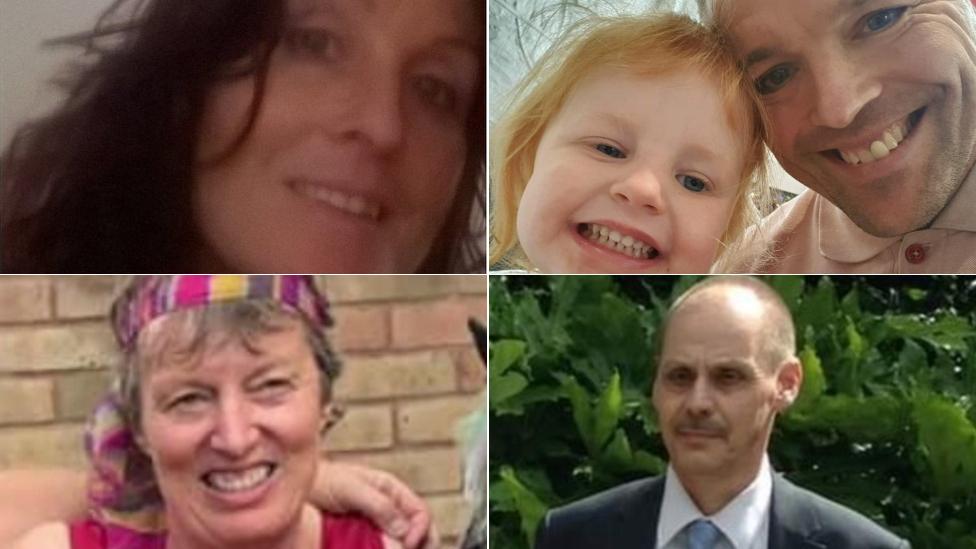
Jake Davison carried out the mass shooting in Plymouth in 2021
The jury in the inquest into the deaths of five people killed in a mass shooting in Plymouth has retired to consider its conclusions.
The jury will decide whether police failed to protect the public by granting the killer a shotgun licence.
Jake Davison, 22, shot his mother and four others in Keyham in August 2021 before turning the shotgun on himself.
Senior coroner Ian Arrow summed up the evidence of more than 50 witnesses heard over five weeks.
Mr Arrow, the senior coroner for Plymouth, Torbay and South Devon, asked the jury to consider questions related to how Davison was first given a shotgun licence in 2018, how it was seized in 2020 and then given back to him in 2021.
The jury previously heard how the shotgun was seized by police after Davison punched a 15-year-old boy to the ground and slapped a 16-year-old girl in a skate park in Plymouth in September 2020.
Davison's shotgun and licence were seized in December 2020 as a result of the assault but a firearms officer gave Davison his shotgun and licence back in July 2021, a month before the shootings.
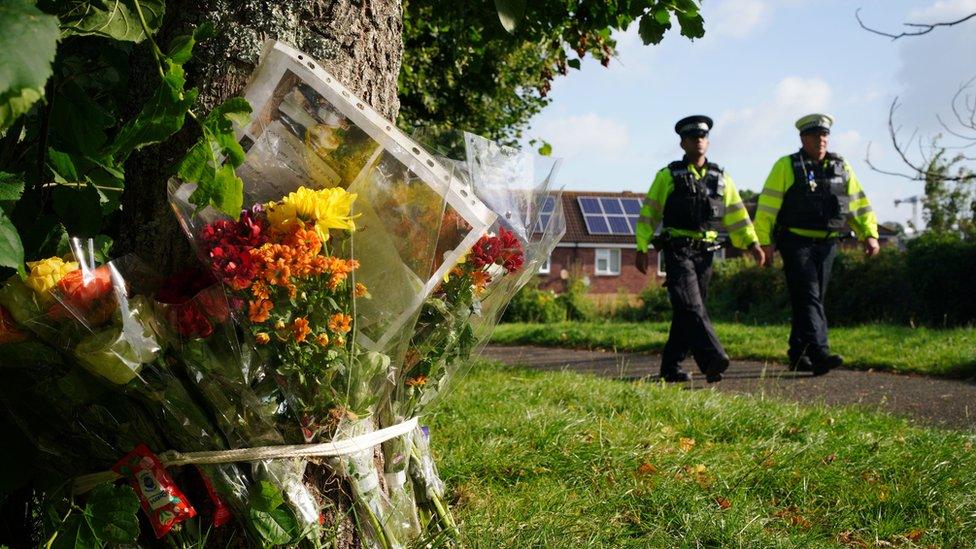
Tributes to the victims were placed near the scene in August 2021
The questions put by Mr Arrow included whether there was "a failure by Devon and Cornwall Police Firearms and Explosives Licensing Unit (FELU) in granting and, later, failing to revoke the perpetrator's shotgun certificate".
The jury was also asked to consider whether "in licensing the perpetrator to have a shotgun there was a failure by Devon and Cornwall Police to protect the deceased".
The inquest has heard evidence relating to a lack of training within the firearms licensing unit at Devon and Cornwall Police.
In his summary to the jury Mr Arrow reminded them of confusion among FELU staff regarding how a "risk matrix" was supposed to be used and who was responsible for making licensing decisions.
He said a peer review carried out by Durham Police following the shooting found there was an "embedded system of flawed decision making".
The coroner asked the jury to consider whether there was a failure at a national level to implement the recommendation made in the wake of the Dunblane shootings in 1996 for more training for firearms enquiry officers.
He also asked the jury to look at whether the managerial supervision of the firearms licensing department "was adequate and effective" and if there was "a lack of understanding" regarding the use and application of the "risk matrix".
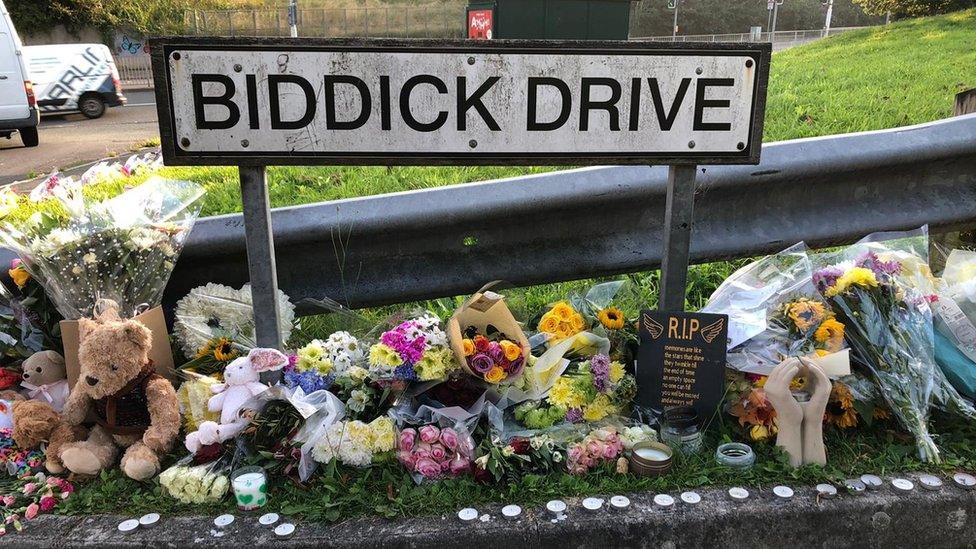
Davison's victims were aged from three to 66
Davison declared his autism on his shotgun licence application but when firearms licensing staff contacted his GP, Dr Benjamin Dawson, he explained he felt unable to provide information.
Dr Dawson said he then heard nothing more from the firearms licensing unit.
Mr Arrow asked the jury to consider whether "adequate steps were taken to obtain medical evidence regarding the extent to which his declared autism and Asperger's syndrome might impact upon the perpetrator's suitability to hold a shotgun licence".
The inquest has also heard Davison had a history of violence at the special needs school he attended in Plymouth and was suspected of being involved in violent incidents at his home in 2015 and outside a Tesco store in 2016.
The jury was asked to consider whether FELU staff failed "to properly seek out and consider all the relevant evidence and information available before deciding whether to grant the perpetrator a shotgun certificate".

Follow BBC News South West on Twitter, external, Facebook, external and Instagram, external. Send your story ideas to spotlight@bbc.co.uk, external.
Related topics
- Published15 February 2023
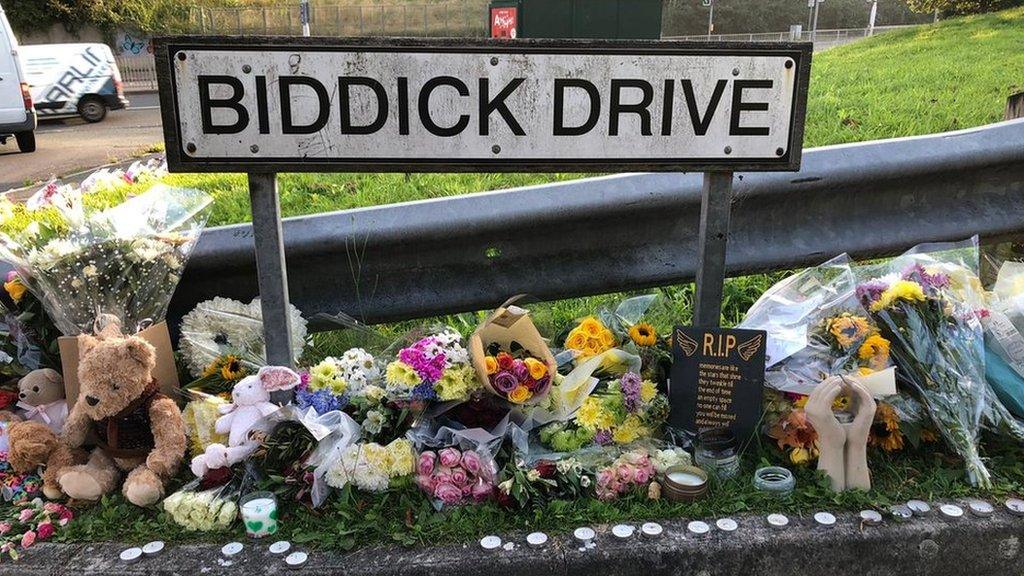
- Published14 February 2023

- Published10 February 2023
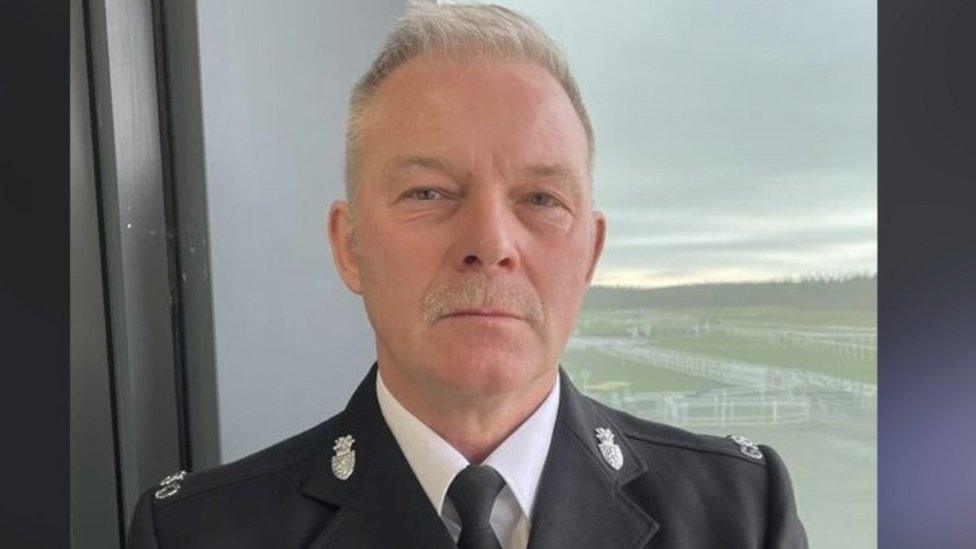
- Published9 February 2023
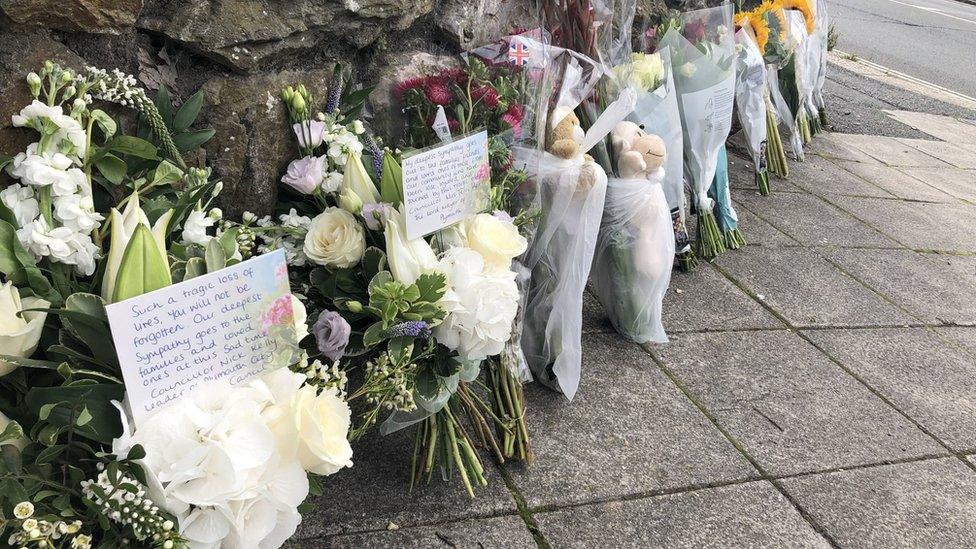
- Published8 February 2023

- Published7 February 2023
